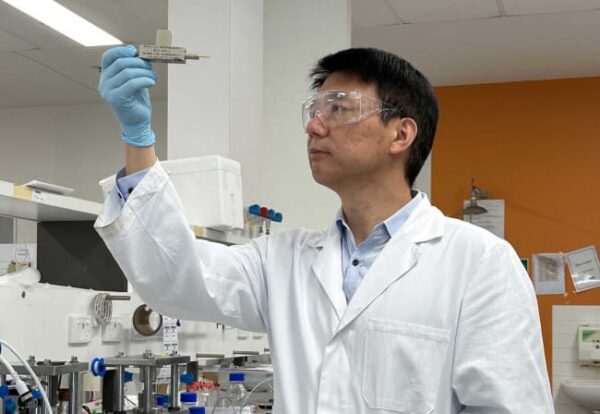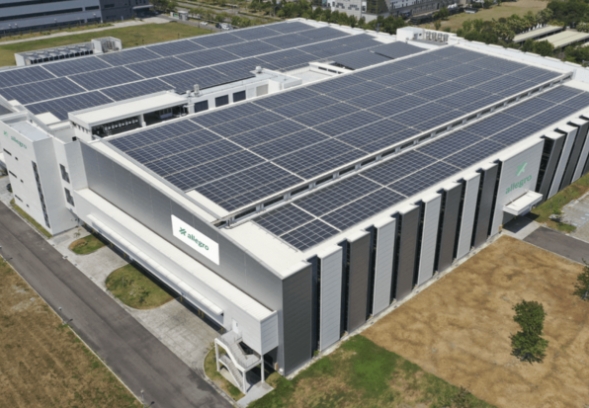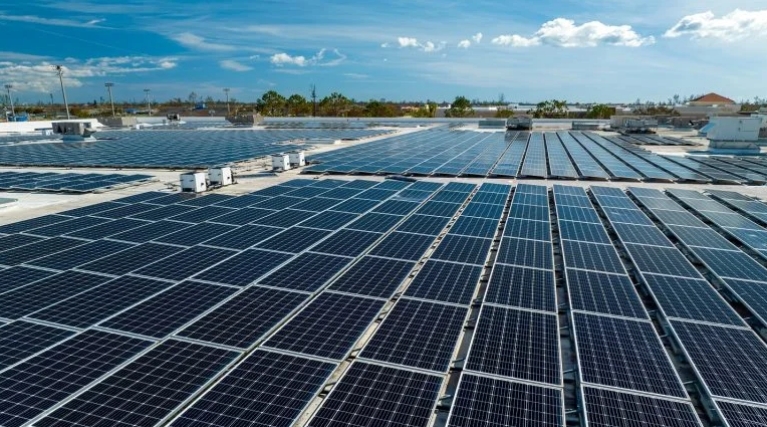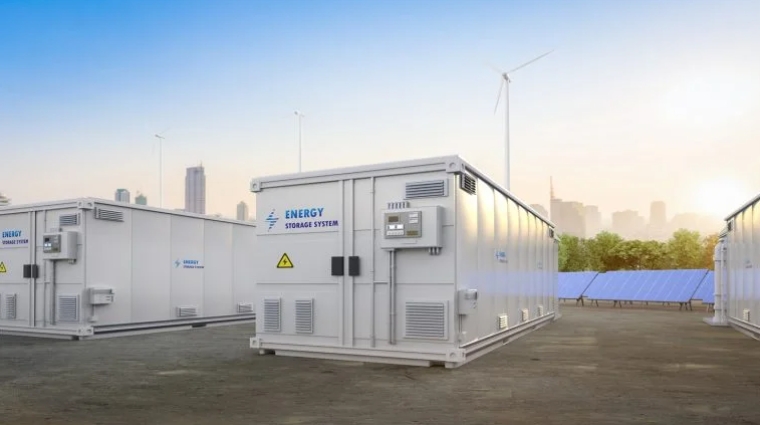
A team of scientists at the University of New South Wales (UNSW) School of Chemistry (SoC) have developed an organic material that is able to store protons and they have used it to create a rechargeable proton battery in the lab.
By leveraging hydrogen ions – protons – instead of traditional lithium, the batteries hold promise for addressing critical challenges in energy storage, including resource scarcity, environmental impact, safety and cost.
New findings published in the German scientific journal Angewandte Chemie, highlight the battery’s ability to store energy quickly, last longer, and perform well under sub-zero conditions.
UNSW School of Chemistry Professor Chuan Zhao said using the material allowed researchers to build an all-organic proton battery that is effective at both room temperature and sub-zero freezing temperatures.
Developed with UNSW SoC PhD candidate Sicheng Wu, in collaboration with UNSW Engineering and Australia’s Nuclear Science and Technology Organisation (ANSTO), the material, called tetraamino-benzoquinone (TABQ), can support rapid proton movement using hydrogen-bond networks.
The research concludes proton batteries may be precursors to next-generation energy storage devices and are a sustainable alternative to other batteries, like lithium-ion,
“Lithium-ion batteries are already becoming a dominant product in energy storage applications, but they have a lot of limitations,” Wu said.
“Lithium is a finite resource that is not evenly distributed on earth, so some countries may not have access to low cost lithium sourcesan they can be challinging in terms of fast-charging applications, safety, and they have low efficiency in cold temperature.”
Wu said there are many benefits to proton batteries, but the current electrode materials used for proton batteries, some of which are made from organic materials, and others from metals, are heavy and still very high cost.
Wu said though their research doesn’t have suitable solutions to grid-scale energy storage yet, but the low cost, high safety and fast charging performance of the proton battery has the potential to be used in a variety of situations, including large scale storage.
“To enhance the usage of renewable energies, we have to develop some more efficient energy integration technologies, and our proton battery design is a promising trial,” Wu said.
“We have designed a very good anode material, and future work will move to the cathode side. We will continue designing new organic materials that have higher redox potential range to increase the battery output voltage.”
The findings also have future implications for hydrogen storage.
“Proton transport is one of the most fundamental processes in nature, from the human body, to plants, so we can actually study how this type of organic molecule can be used for a broad range of applications, such as for hydrogen storage,” Zhao said.
“Molecular hydrogen (H2) is very reactive and therefore difficult to store and transport and this is currently a bottleneck for the hydrogen industry. However, hydrogen also exits in a stable form: proton (H+).”
The UNSW discovery means developing materials to store protons could see hydrogen safely shipped globally then extracted as needed.
“Our discovery has made this concept a possible reality,” Zhao said.







